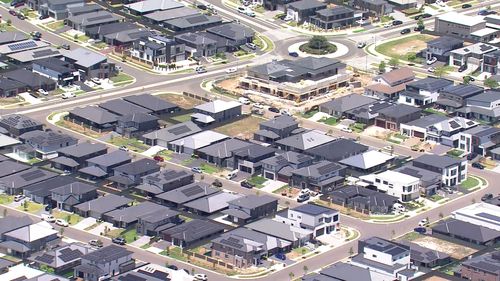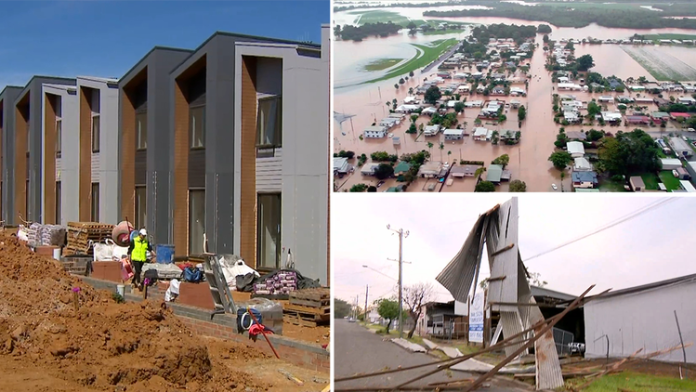A new report from the Reserve Bank of Australia has thrown cold water on the theory that landlords passing on high interest rates to their tenants are responsible for blown-out rental prices.While interest rates and rental rates often go up hand in hand, low housing supply is more likely to be the cause, the report published yesterday suggests."The results are consistent with the view that the level of housing demand relative to the housing stock is the key driver of rents," RBA economists Declan Twohig, Anirudh Yadav and Jonathan Hambur said.

A new report from the Reserve Bank of Australia has thrown cold water on the theory that landlords passing on high interest rates to their tenants is responsible for blown-out rental prices. (Nine)The RBA analysed 13 years of property-investors tax returns from 2006-07 to 2018-19."We find little evidence of direct pass-through from interest costs to rent," they said."On average, we find that for every dollar increase in their mortgage interest costs, investors increase their rents by one cent."The paper said that median mortgage payments increased by about $850 from April 2022 to January 2024 thanks to interest rate hikes."Our estimate suggests that this $850 increase in interest costs would have raised rents by less than $10 per month, or just over $2 per week."Simply put, the RBA research claimed that interest rate hikes alone have only contributed to raising rents by about $10 per month.Blame for higher rents was therefore put on the lack of available housing – with high demand for houses, and low supply."Housing demand has been strong, supported by high population growth and increased preference for more space, while supply has been hampered by ongoing capacity constraints and increases in construction costs," the economists said."This is consistent with the standard view that the level of housing demand relative to the stock of properties available is the key driver of rents."

